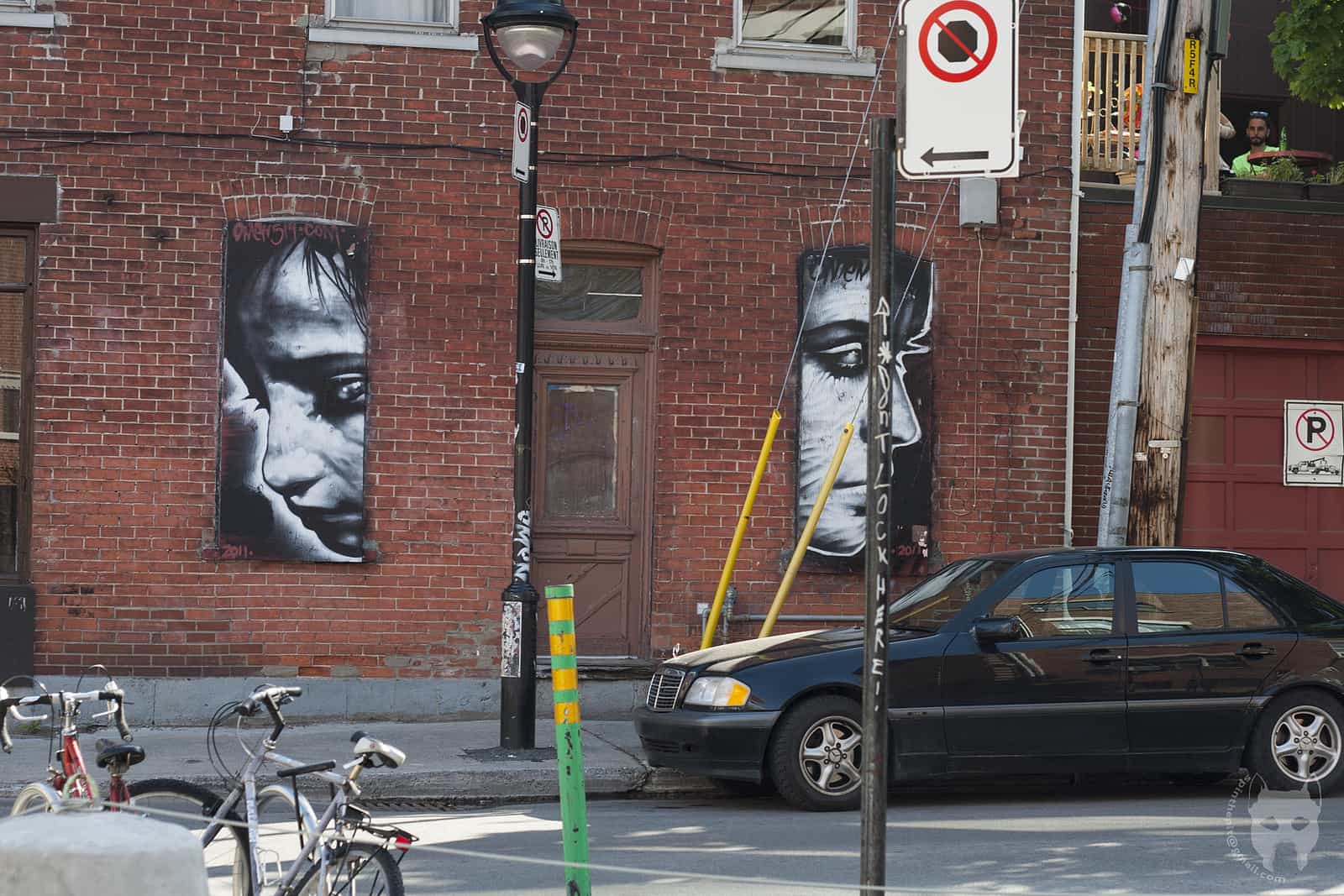As we conclude this month of remembering our dead, I think it’s important to take note of how we, especially men, deal with this difficult reality. It seems to me that how we approach such sadder parts of our lives has consequences both for us and others.
A “Guy” Thing
There are lots of ways Christians deal with death. I’m especially intrigued by groups that discourage crying at funerals, with the argument being that the dead person is already in heaven, and therefore there is nothing to be sad about. There’s a stoicism and certitude that I have to admit is attractive to me there. But why is that? I have to ask myself.
I think back to my college orientation speaker who proposed that the reason for women living longer than men in America is that we men regularly choose not to express ourselves fully, and that bottling up our emotions like sadness leads to all kinds of consequences including poorer health. Speaking strictly from my own experience, I’ve found this to be true at least for me.
During our novitiate experience in a cancer hospice for example, we were exposed to the sadness of death everyday. Rather than think of how hurt I was to see people die who I’d just spoken to hours earlier, I subconsciously labelled that kind of thinking not useful. Besides, I still had work to do and other patients to help.
On reflection, what was motivating me from evading the hurt wasn’t some holy call for being productive, but more so the typical spiritual roadblocks (strengthened by a lifetime of “manly” formation): rationalization, defensiveness, etc. – essentially, doing everything I could to not face the sadness inherent in where I was.
So who was asking me to keep the straight face? Societal norms, sure, but probably not God.
Facing Sadness and “Toxic Masculinity”
I’ve come to find how unhealthy it is to not face sadness properly, whether in my own life or in the lives of others.1 Especially with the latter, rather than confront the struggles endured by so many marginalized people, this set-up makes it convenient to resist going there.
Could this be why it’s so hard for us men to be more active against things like sexual violence? Could our “toxic masculinity” (which usually follows packing away emotions) be part of why sexual violence is so normalized? Is it that we’re better at machismo than entering into the grief of others’ experiences (which, by the way, we so often create)? Or is it simply easier to come up with creative reasons for why good things happen to bad people than companion another into their darkness?
More generally, perhaps anyone’s lack of compassion (“suffering with”) when encountering others’ difficult or traumatic experiences is partly to blame for keeping us so apart from one another. Instead of sitting with their sadness, we find ways to change the subject and distract ourselves.
Anyway, who wants to talk about the hard stuff when you can binge on that new Netflix series?
Captain Picard’s Two Cents
I’m a big fan of Star Trek because it captures the human experience so well, including how we deal with sadness. One of my favorite episodes is the one where Captain Jean-Luc Picard explains to Data (an android) a memorial service for one of their crewmates. Data is confused about what the point of it is and feels that he has done something wrong because his thoughts keep coming back to how sad his life will now be without his friend.
The captain thinks for a moment then affirms him. Data’s not wrong at all. When we mourn our dead, Picard reasons, it’s about them of course, but it’s also about us, and it’s OK to own that sadness too.
Just as well, we also need to fully face what’s going on in our lives, the happy and the sad, and sometimes that means tears.
The Grace of Tears
Pope Francis has no problem with crying (neither did St. Ignatius or Jesus). In fact, he’s suspicious of Christians who do not cry.
This is not an argument for living as morose a life as possible, but just like joy, it’s important to recognize that sadness is a part of the human experience too. It is essential to healthily process life’s sadness before we can effectively move on to what else we need to do. Other strategies may be more efficient or may make us look better, but ultimately end up being good for nobody.
So, please, as you remember not only those you have lost this year but also those who are suffering here and now, resist tucking it all away out of sight. Face your emotions fully, as you mourn or as you watch the news (or your favorite Hallmark movie, because that’s OK too), and see where that takes you. You may be surprised. But whatever happens, let yourself be you. And if you tear up, know that there’s nothing wrong with that.
***
Image courtesy FlickrCC user Gonzalo Vega.
- I don’t mean by any means to belittle anyone’s grieving process or diagnose/propose alternatives to clinical solutions because I’m not qualified to. There are many tools out there to deal with tough experiences out there. Please take this article only as much as it helps you and seek further help as you need. ↩


